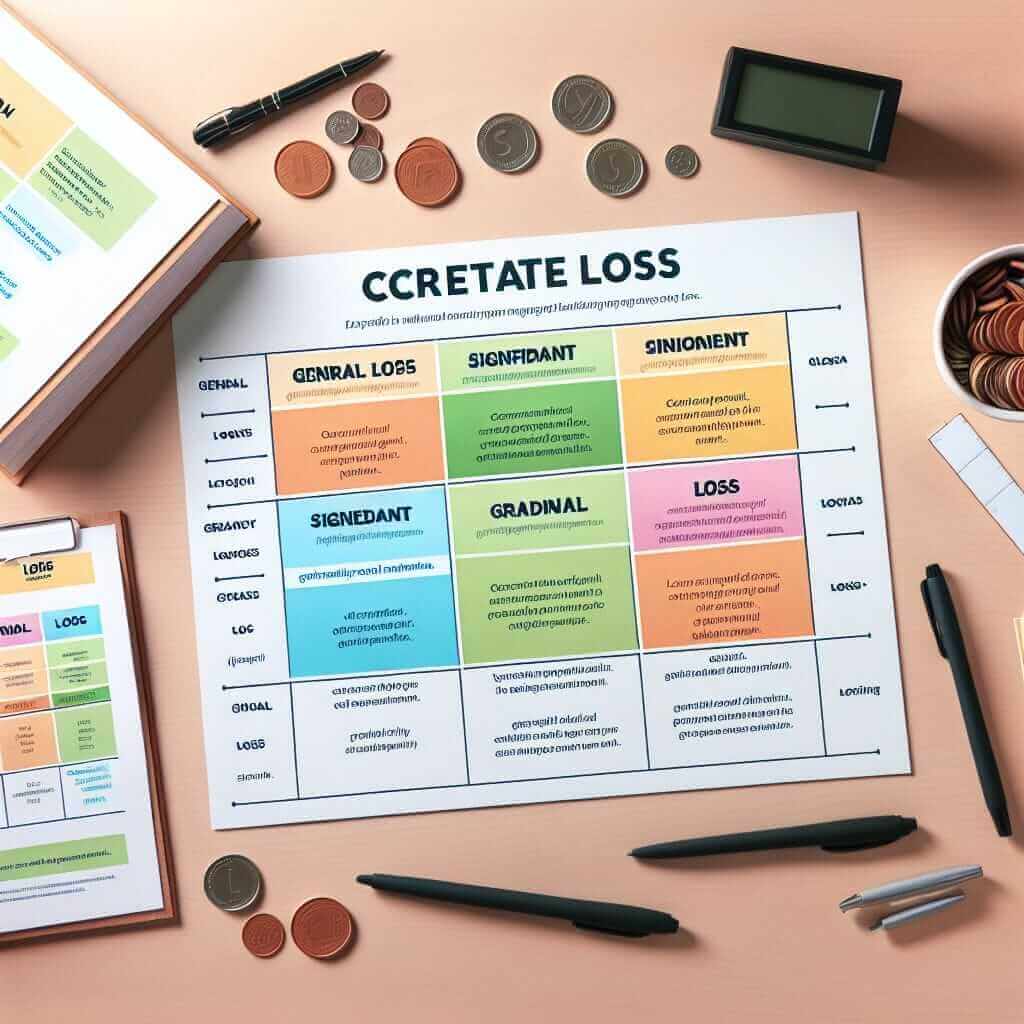As an IELTS teacher with over 20 years of experience, I understand the importance of a wide vocabulary for achieving a high score. This is especially true when you need to express a concept with nuance and precision. “Loss” is a common word, but knowing synonyms for it can enrich your writing and speaking, demonstrating a wider range of vocabulary to the examiner. This article will explore various synonyms for “loss” and provide examples of how to use them effectively in your IELTS exam.
Understanding the Nuances of “Loss”
While “loss” itself is a versatile word, its synonyms carry distinct shades of meaning. Choosing the right synonym depends on the context and what you want to emphasize.
Words for a General Loss
- Deprivation: This word suggests a lack or absence of something essential or desired.
- Example: “The deprivation of sunlight can have a negative impact on one’s mood.”
- Absence: A neutral term indicating something is not present.
- Example: “The absence of clear instructions led to confusion among the students.”
- Shortfall: This implies a deficiency or an amount that is less than expected or required.
- Example: “The company faced a significant shortfall in revenue due to the economic downturn.”
Words for a Significant Loss
- Bereavement: This word specifically refers to the loss of a loved one through death.
- Example: “She was able to overcome her bereavement with the support of her family.”
- Tragedy: A profoundly sad event, often involving death or great suffering.
- Example: “The earthquake was a tragedy that claimed thousands of lives.”
- Catastrophe: A sudden event causing great damage or suffering, often on a large scale.
- Example: “The oil spill was an environmental catastrophe, damaging the delicate ecosystem.”
Words for a Gradual Loss
- Decline: A gradual decrease in quantity or quality.
- Example: “The decline in tourism has had a negative impact on the local economy.”
- Erosion: A gradual wearing away or diminishing.
- Example: “The erosion of traditional values is a complex issue with far-reaching consequences.”
- Attrition: A gradual reduction in number or strength, often through natural processes.
- Example: “The company experienced a high rate of attrition due to low employee morale.”
 Synonyms for Loss
Synonyms for Loss
Applying Synonyms for “Loss” in Your IELTS Exam
Writing Task 2
Imagine the essay prompt asks you to discuss the effects of deforestation. Instead of repeatedly using “loss,” you could write:
- “Deforestation leads to the depletion of natural resources.”
- “The disappearance of forests has a detrimental impact on biodiversity.”
- “The erosion of natural habitats endangers countless species.”
By using synonyms, you demonstrate a wider vocabulary and make your writing more engaging and sophisticated.
Speaking Part 3
If the examiner asks you about the challenges faced by your hometown, you could say:
- “One of the major issues is the decline of traditional industries, leading to job losses.”
- “The city has experienced a brain drain in recent years, with many young professionals moving away for better opportunities.”
- “The lack of investment in infrastructure has resulted in a deterioration of public services.”
Tips for Success
- Context is key: Choose synonyms that accurately reflect the specific type of loss you’re describing.
- Don’t overuse synonyms: While it’s important to showcase your vocabulary, don’t force synonyms into your writing or speaking if they sound unnatural or awkward.
- Record yourself: Practice using different synonyms for “loss” in spoken English to ensure you can pronounce them correctly and use them fluently.
- Read widely: The more you read, the more synonyms you’ll encounter naturally, helping you to expand your vocabulary effectively.
Conclusion
Mastering synonyms is a powerful tool for achieving a high IELTS score. By expanding your vocabulary for common words like “loss,” you can express yourself with greater precision and clarity, making a positive impression on the examiner. Remember to practice using these synonyms in context and soon you’ll be using them confidently in your IELTS exam.


